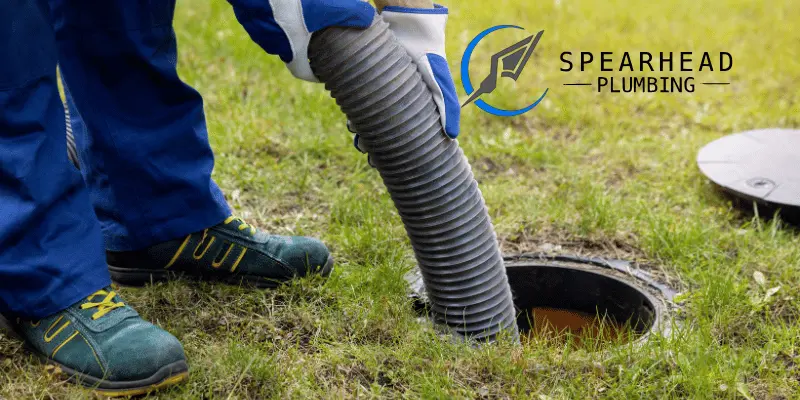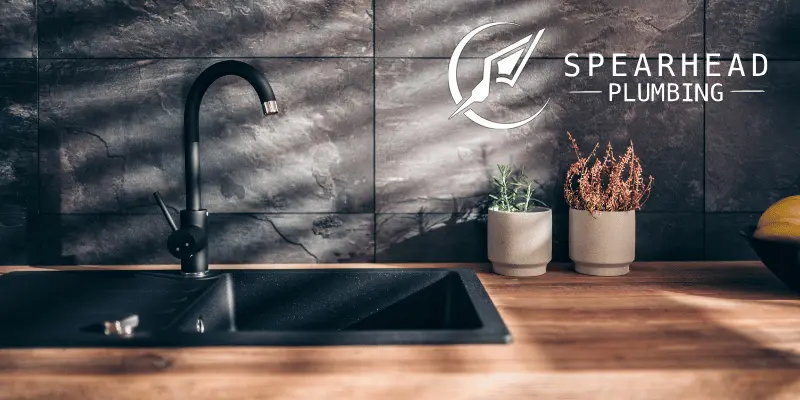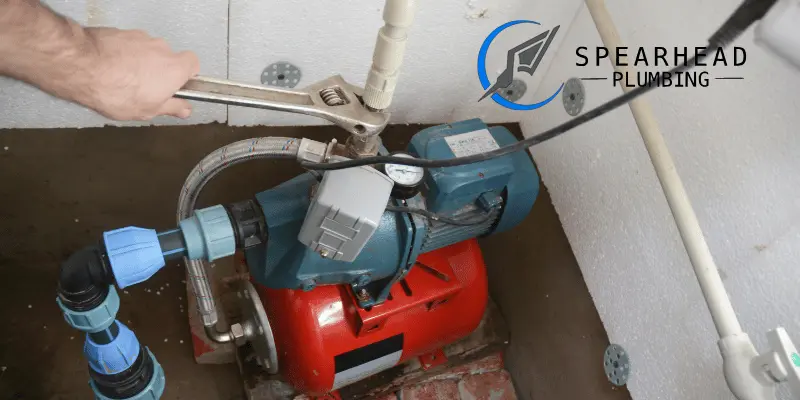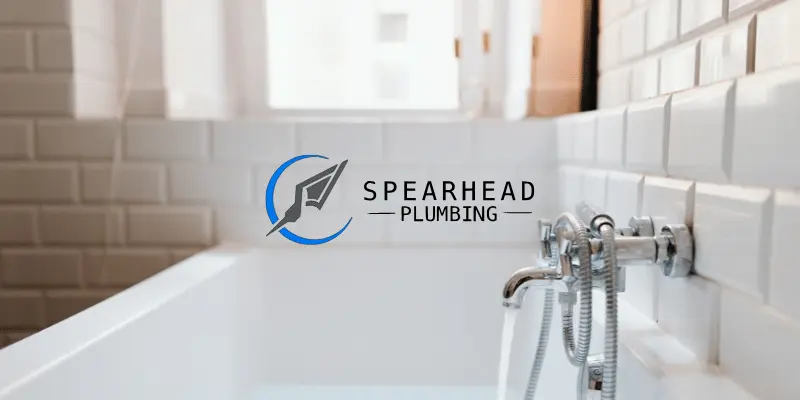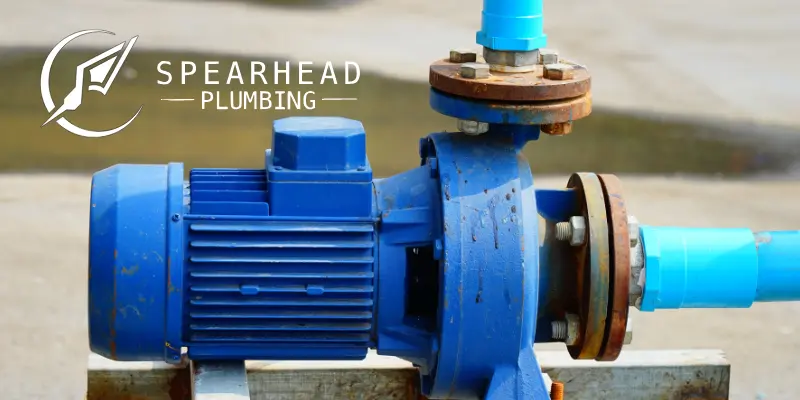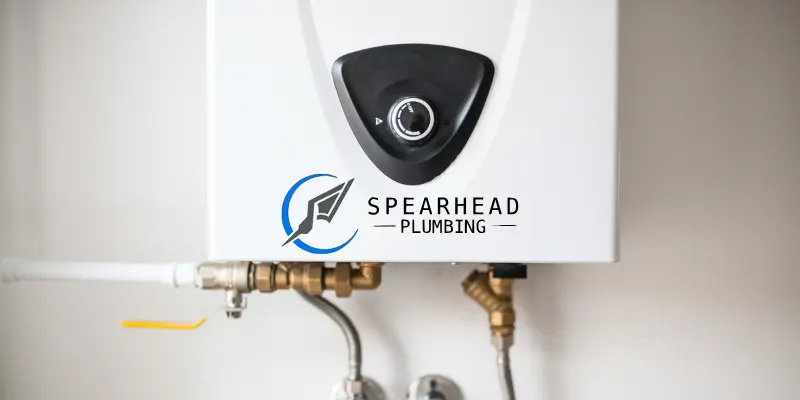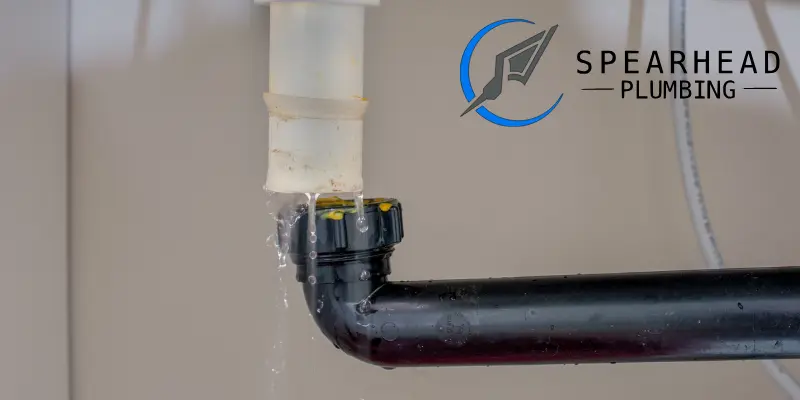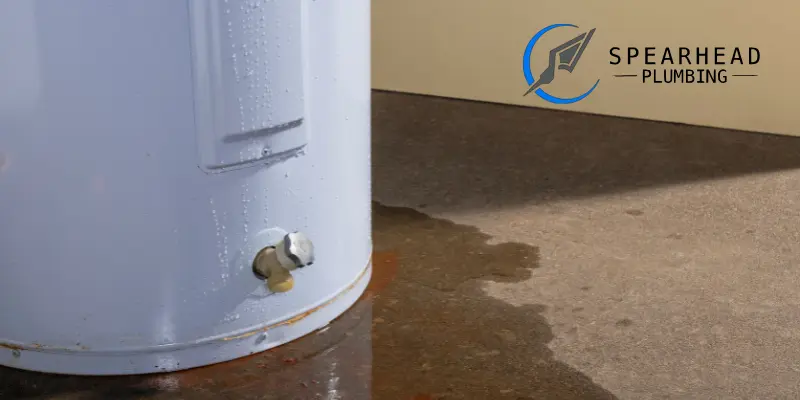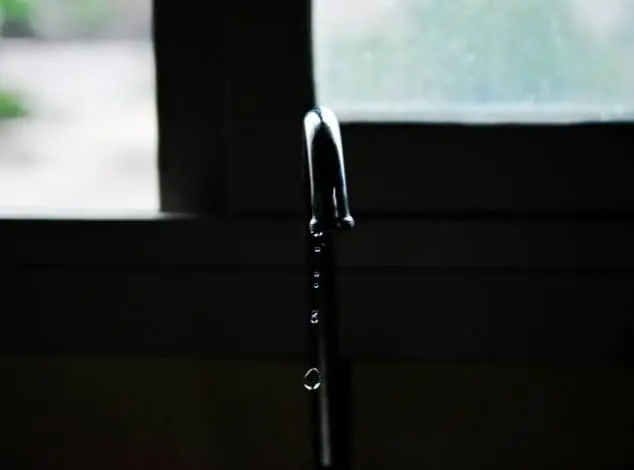
Why You Should Never Ignore a Leaky Faucet in Lake St. Louis
Why You Should Never Ignore a Leaky Faucet in Lake St. Louis
The Hidden Costs of a Leaky Faucet
A leaky faucet might seem like a minor inconvenience, but ignoring it can lead to far more significant issues over time. In Lake St. Louis, where many homes are equipped with modern fixtures, even the smallest drip can waste a surprising amount of water and inflate your utility bills. Beyond the cost of wasted water, a leaking faucet can also signal underlying plumbing problems that require immediate attention.
In this article, we’ll explore the hidden costs of a leaky faucet, why addressing it promptly is essential, and how Spearhead Plumbing can help you fix the issue before it turns into a bigger problem.
1. Wasting Water and Money
One of the most immediate impacts of a leaky faucet is the amount of water it wastes. A slow drip may not seem like much, but over time, it can add up to hundreds or even thousands of gallons of wasted water per year. In fact, the U.S. Environmental Protection Agency (EPA) estimates that a faucet leaking at a rate of one drip per second can waste more than 3,000 gallons annually.
For homeowners in Lake St. Louis, this wasted water translates directly into higher utility bills. The longer the leak goes unaddressed, the more you’ll pay in water charges. By fixing a leaky faucet quickly, you can prevent unnecessary costs and conserve water, which is increasingly important in today’s environmentally-conscious world.
2. Damage to Your Plumbing System
A leaky faucet can also cause damage to your plumbing system over time. As the water drips, it places additional strain on your pipes, which can lead to corrosion, mineral buildup, or even pipe bursts in more severe cases. The constant flow of water can erode the components of the faucet and affect the integrity of the plumbing behind it.
If the leak is occurring at the base of the faucet or under the sink, it may indicate a deeper issue with the plumbing connections. Leaks in these areas can lead to water damage to your cabinets, walls, or flooring, resulting in costly repairs.
3. Mold and Mildew Growth
Persistent moisture from a leaky faucet creates the perfect environment for mold and mildew growth, especially in areas that are less visible, such as under sinks or inside cabinets. Over time, mold can spread, affecting the air quality in your home and potentially leading to respiratory issues for you and your family.
Mold remediation can be a lengthy and expensive process, so addressing a leaky faucet before it leads to mold growth is critical. If you notice any signs of mold near your faucets or plumbing, it’s time to call a plumber to fix the leak and prevent further damage.
4. Environmental Impact
Water conservation is a growing concern, and a leaky faucet contributes to the unnecessary depletion of this valuable resource. In Lake St. Louis, where many homeowners are mindful of their environmental footprint, addressing water waste from a leaky faucet is a small but important step in reducing water consumption.
Fixing a leaky faucet not only saves you money but also helps contribute to broader environmental conservation efforts. It’s an easy way to ensure that your household is doing its part to reduce water waste.
5. Potential for Bigger Issues
Ignoring a leaky faucet can lead to much bigger issues down the line. What starts as a simple drip may eventually turn into a more severe problem, such as a burst pipe, water damage, or structural damage to your home. By addressing leaks as soon as they occur, you can avoid costly repairs and ensure the long-term health of your plumbing system.
If the faucet itself is outdated, it might be time for an upgrade. Replacing old, inefficient faucets with newer, water-saving models can improve your home's plumbing efficiency and reduce the risk of future leaks.
How to Fix a Leaky Faucet
Fixing a leaky faucet often involves tightening connections, replacing worn-out washers or O-rings, or addressing more serious plumbing issues behind the scenes. While some minor leaks can be fixed with a wrench and basic plumbing knowledge, others require professional expertise to ensure the problem is thoroughly resolved.
- Inspect the Faucet: Look for signs of corrosion, mineral buildup, or loose connections that might be causing the leak.
- Replace Worn Parts: If washers, O-rings, or seals are worn, replacing them can often stop the leak.
- Call a Professional: If the leak persists or if you’re unsure of the cause, contact Spearhead Plumbing for a thorough inspection and professional repair.
Conclusion: Don’t Let a Small Leak Turn into a Big Problem
A leaky faucet may seem insignificant, but it can have serious consequences for your home, wallet, and the environment. Taking prompt action to fix leaks as soon as you notice them is the best way to prevent bigger issues from developing. If you’re dealing with a leaky faucet in your Lake St. Louis home, reach out to Spearhead Plumbing today for fast, reliable repairs.

